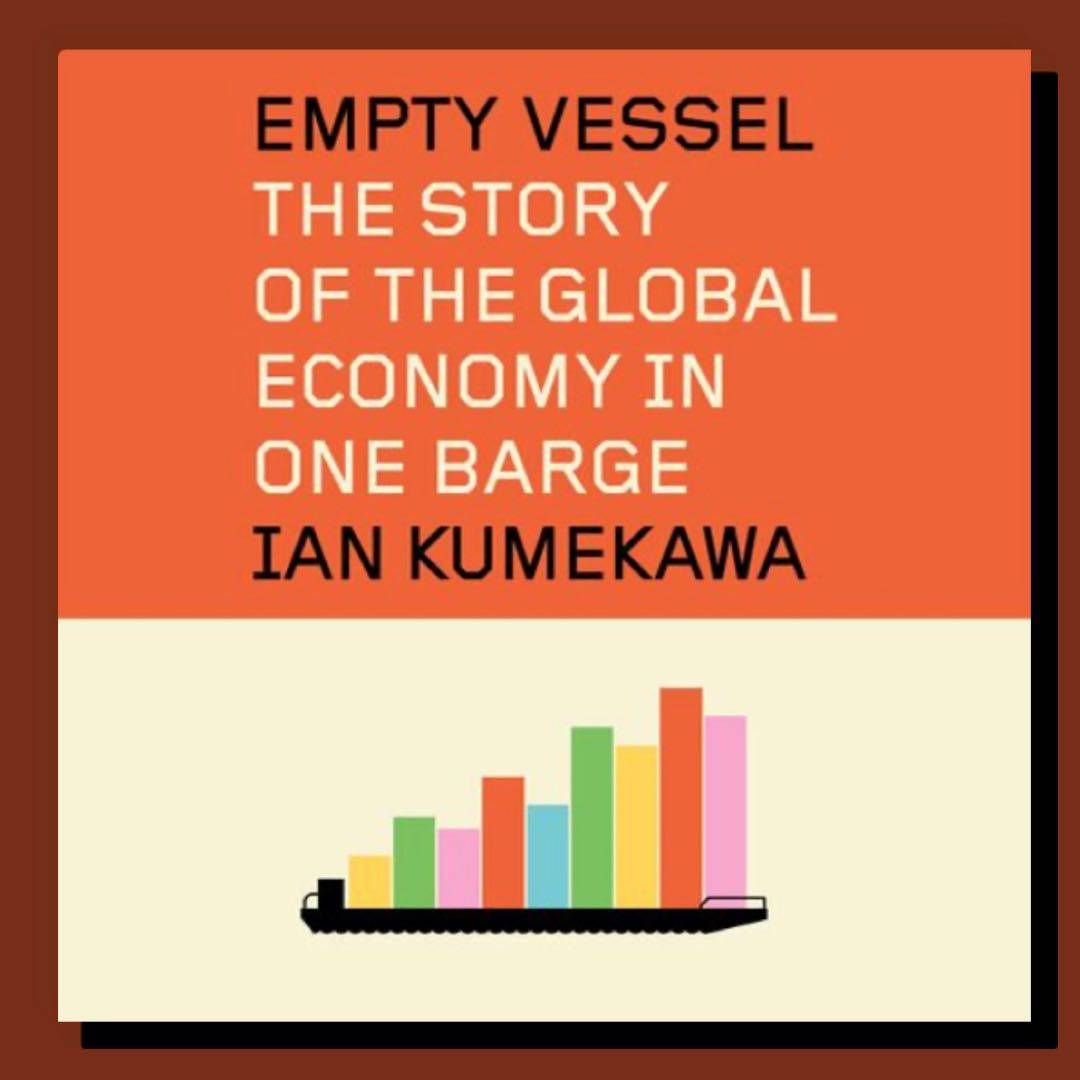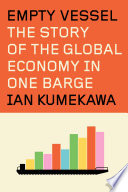Empty Vessel: The Story of the Global Economy in One Barge | Ian Kumekawa
The rise of globalization and financialization as seen from a barge�one Swedish barge, to be exact, built in 1979 "The many-headed hydra of neoliberalism has found its chronicler." �Sven Beckert, author of Empire of Cotton "I�ve rarely read a book that so deftly entwines a single, accessible story with the broad forces of globalization. A stunningly original history." �Maya Jasanoff, author of The Dawn Watch What do a barracks for British troops in the Falklands War, a floating jail off the Bronx, and temporary housing for VW factory workers in Germany have in common? The Balder Scapa: a single barge that served all three roles. Though the name would eventually change to Finnboda 12. And then to Safe Esperia. And later on, to the Bibby Resolution. And after that . . . in short, a vessel with so many names, and so many fates, that to keep it in our sights�as the protagonist of this fascinating economic parable�Ian Kumekawa has no choice but to call it, simply, the Vessel. Despite its sturdy steel structure, weighing 9,500 deadweight tons, the Vessel is a figure as elusive and abstract as the offshore market it comes to embody: a world of island tax havens, exploited labor forces, free banking zones, Thatcherism, Reaganomics, and mass incarceration, where even the prisoners are held offshore. Fitted with modular shipping containers, themselves the product of standardized global trade, the ship could become whatever the market demanded. Whether caught in an international dispute involving Hong Kong, Nigeria, Indonesia, and the Virgin Islands�to be settled in an English court of law�or flying yet another foreign �flag of convenience� to mask its ownership�the barge is ever a container for forces much larger than even its hulking self. Empty Vessel is a jaw-dropping microhistory that speaks volumes about the global economy as a whole. In following the Vessel�and its Sister Vessel, built alongside it in Stockholm�from one thankless task to the next, Kumekawa connects the dots of a neoliberal world order in the making, where regulation is for suckers and �Made in USA� feels almost quaint.



















